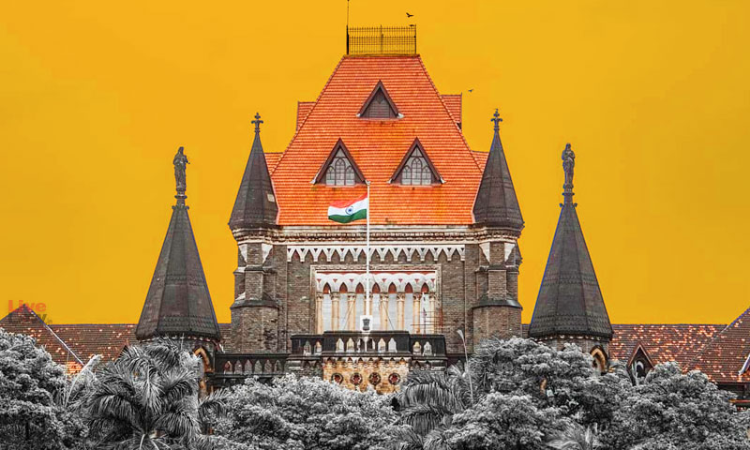Need Safeguards For Members Of Internal Complaint Committees; PIL Before Bombay HC Seeks Changes To The POSH Act
Nitish Kashyap
4 Jan 2021 8:30 PM IST

Next Story
4 Jan 2021 8:30 PM IST
A public interest litigation has been filed before the Bombay High Court by lawyer Abha Singh and Janaki Chaudhary, a social worker seeking changes to the Sexual Harassment of Women at Workplace (Prevention, Prohibition and Redressal) Act, 2013.Petitioners contend that they have encountered 'various deficiencies' in functioning of the said act which defeat its stated objectives. The Act...
